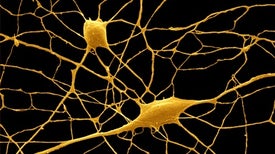
Is "Junk DNA" What Makes Humans Unique?
Noncoding regions of our genome may be key to how our brains develop

Noncoding regions of our genome may be key to how our brains develop
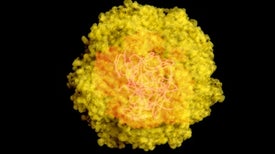
Testicles protect viruses from immune attack, foiling attempts to destroy the pathogens

But what if babies born prematurely could be put into an artificial womb-like environment to complete their gestation?

Labor interventions are largely driven by standards set in the 1950s. A growing body of research suggests it may be time for a change

130/80 is the new high blood pressure threshold. What should your personal blood pressure goal be and when should you worry?
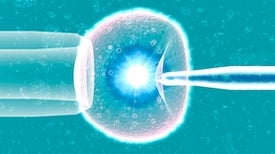
Up to two thirds of in vitro fertilization patients experience failed cycles—but AI systems might be able to flag the most viable embryos far better than humans can
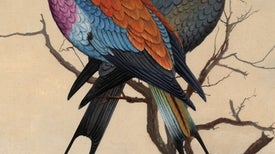
Many new drugs trigger an immune reaction that cripples them—and the race is on to thwart the attack

Shockingly, insurance typically covers chemotherapy taken via IV more generously than chemo taken by mouth, even when the two are similar in cost to the health plan

Researchers have been slow to realize that happiness, excitement and calm can co-exist with physical agony
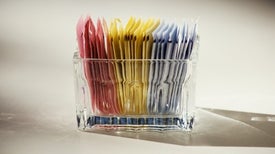
22% of Americans are trying to reduce their sugar intake and more than half are trying to avoid artificial sweeteners like Equal and Splenda. What's the upshot?
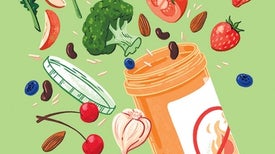
Can certain foods really help you fight heart disease, arthritis and dementia?
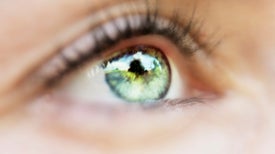
Eye twitching is common. How do you know when it's benign and when it's a sign of something more serious?
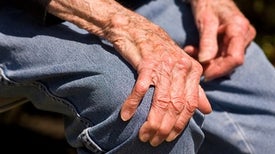
A big data analysis involving more than 1.5 million patients could find no relationship between weather and complaints to doctors about joint or back pain.
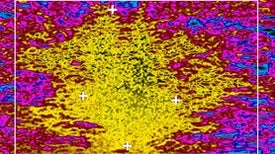
Combining near-infrared light with ultrasound could let doctors image tumors with unprecedented accuracy

We don't actually know for sure, which should be a cause for concern
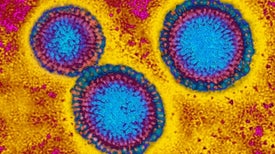
Every year the common virus is lethal to many. What happens inside the body that results in death?
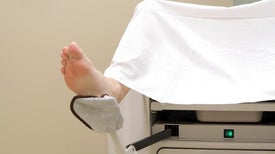
Doctors that perform the procedure would risk both losing their medical licenses and a felony charge
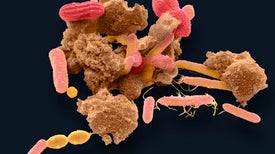
Smell receptors in kidneys sniff out signals from gut bacteria for cues to moderate blood pressure
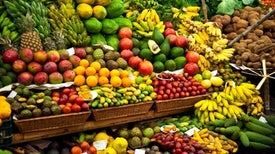
Following dietary guidelines would mean eating less meat and dairy—and fewer calories overall—reducing greenhouse gases and other pollution. Julia Rosen reports.
Support science journalism.

Thanks for reading Scientific American. Knowledge awaits.
Already a subscriber? Sign in.
Thanks for reading Scientific American. Create your free account or Sign in to continue.
Create Account